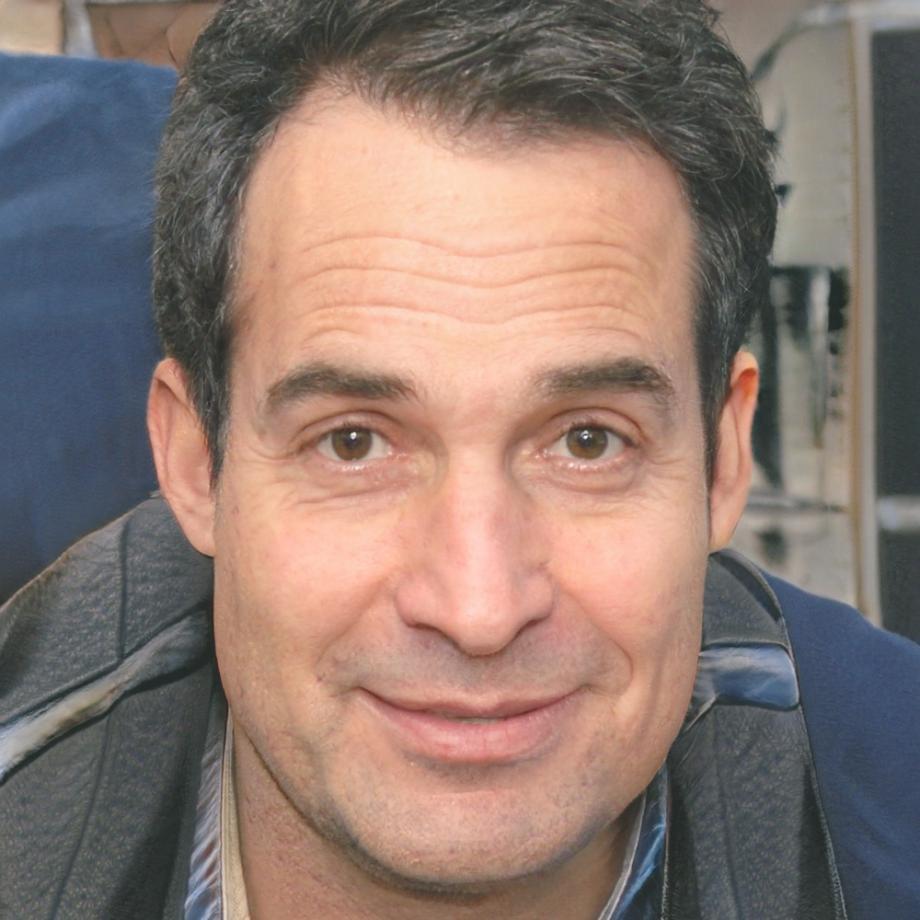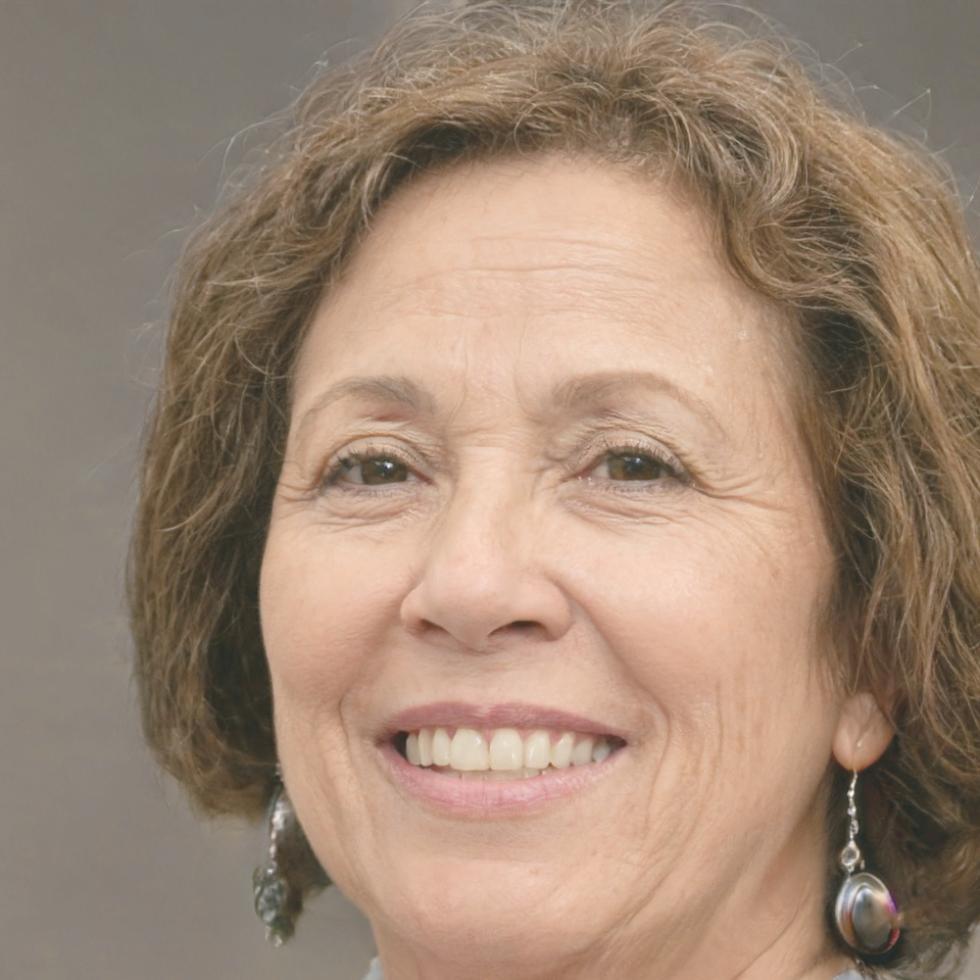Building Financial Clarity Through Structured Learning
We've spent years helping Australian businesses understand their numbers. Not through complicated formulas, but by walking through real scenarios with people who were exactly where you are now.
Start a Conversation
How We Actually Teach This Stuff
Most financial education feels like reading a textbook written by someone who's never had to explain things to a tired business owner at the end of a long day. We tried that approach back in 2019. It didn't work.
So we rebuilt everything around how people actually learn about money when they're running a business. Small groups, real examples from Australian companies, and enough time to ask the questions you're actually wondering about.
Real Case Analysis
We work through actual financial situations from Perth, Melbourne, and Sydney businesses. You'll see the patterns that matter in Australian markets.
Practical Application
Each session includes time to apply concepts to your own numbers. You'll leave with analysis you can actually use, not just theory.
Ongoing Support
Questions come up when you're back at your desk. We provide follow-up resources and quarterly check-ins for six months after the program.
What the Eight Weeks Look Like
Our next program starts September 2025. We run cohorts three times a year to keep groups small enough for individual attention.
Foundation Phase
Understanding what financial stability actually means for your type of business. We look at cash flow patterns, seasonal variations, and the metrics that matter in your industry. Most people realize they've been tracking the wrong numbers.
Analysis Tools
Learning to read your numbers properly. We cover ratio analysis, trend identification, and early warning signs. You'll build a dashboard that makes sense for how you actually make decisions.
Risk Assessment
Identifying vulnerabilities before they become problems. We examine common failure points in Australian small businesses and build safeguards specific to your situation. This is where people usually have the most questions.
Implementation Planning
Creating systems you'll actually use. We develop your monitoring routine, decision frameworks, and communication tools for your team or advisors. You'll leave with a plan you can start using the following Monday.
What Past Participants Tell Us
We've run this program eleven times since launching it in early 2023. The format has changed quite a bit based on feedback, but the core approach remains the same.
People appreciate having time to work through their own numbers during sessions rather than just listening to presentations. The small group size lets us address specific industry challenges, whether you're in retail, services, or manufacturing.

What People Actually Say
Feedback from recent cohorts in Perth and surrounding areas

Gerard T.
Manufacturing
I'd been looking at the wrong indicators for three years. The cash flow analysis alone was worth it, but understanding seasonal patterns in my industry changed how I plan quarters.

Sienna R.
Retail Services
The small group format meant I could ask specific questions about my situation without feeling like I was holding everyone up. Still use the dashboard template they helped me build.

Rowan K.
Professional Services
Most useful part was seeing case studies from other Perth businesses. Made it clear what patterns to watch for and what actually matters versus what just looks impressive in reports.

Maeve D.
Hospitality
They don't oversimplify but they also don't make it more complicated than it needs to be. Appreciated the follow-up sessions when I had questions implementing the systems.